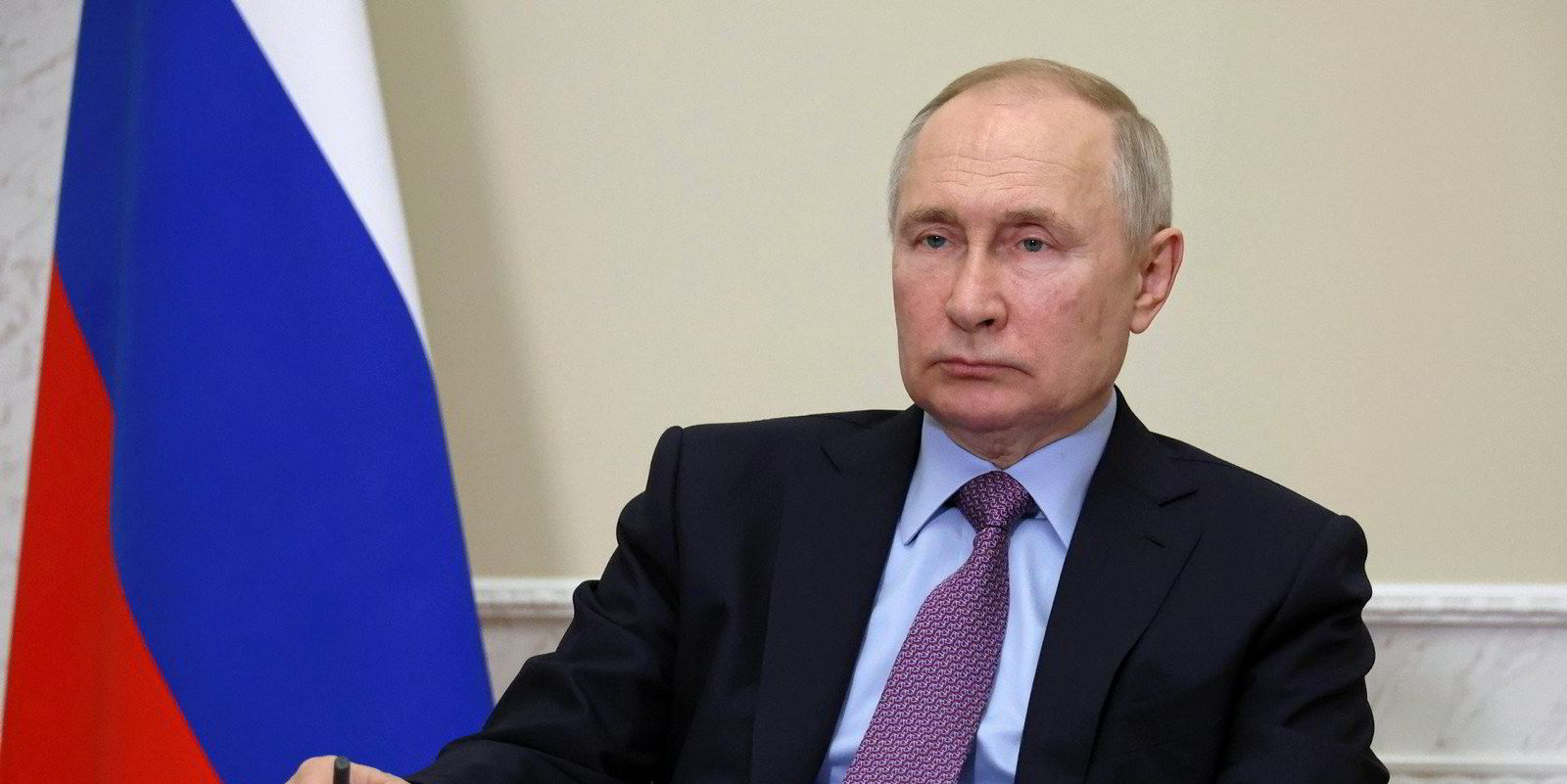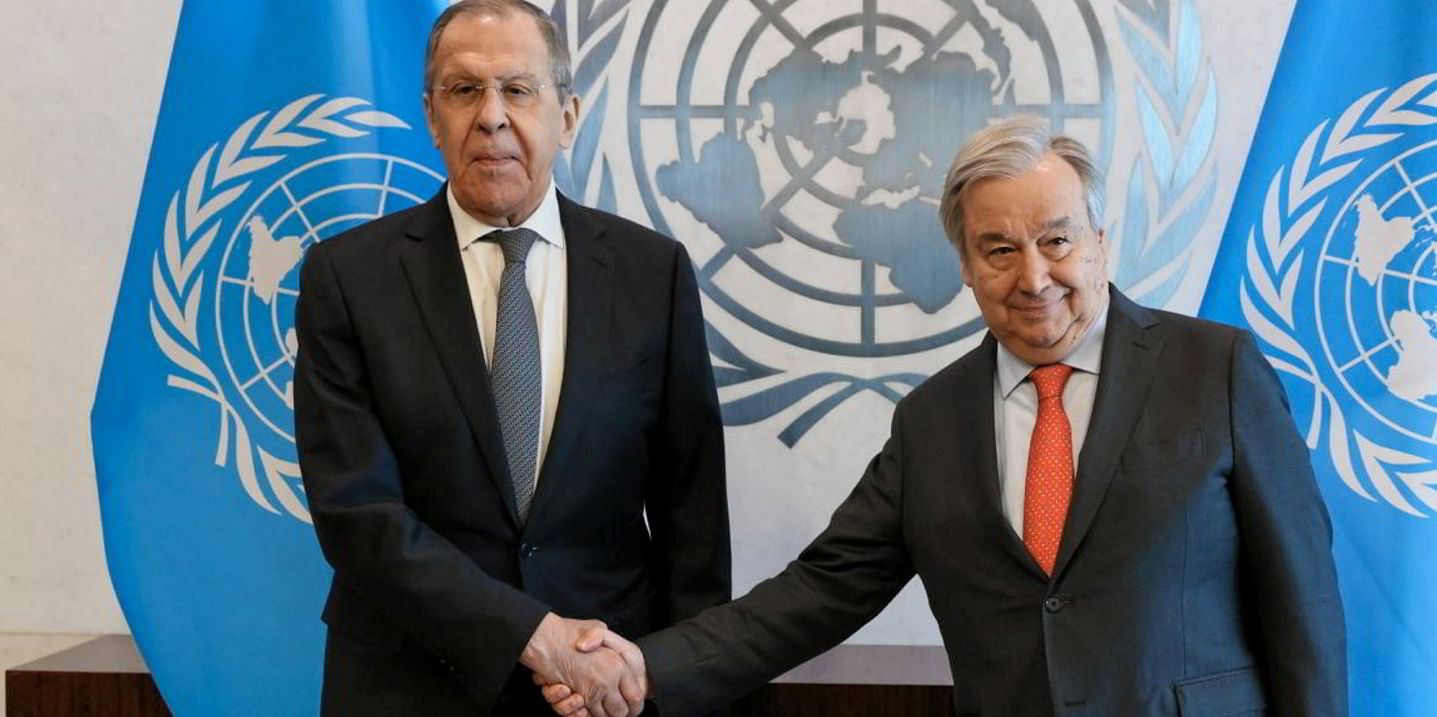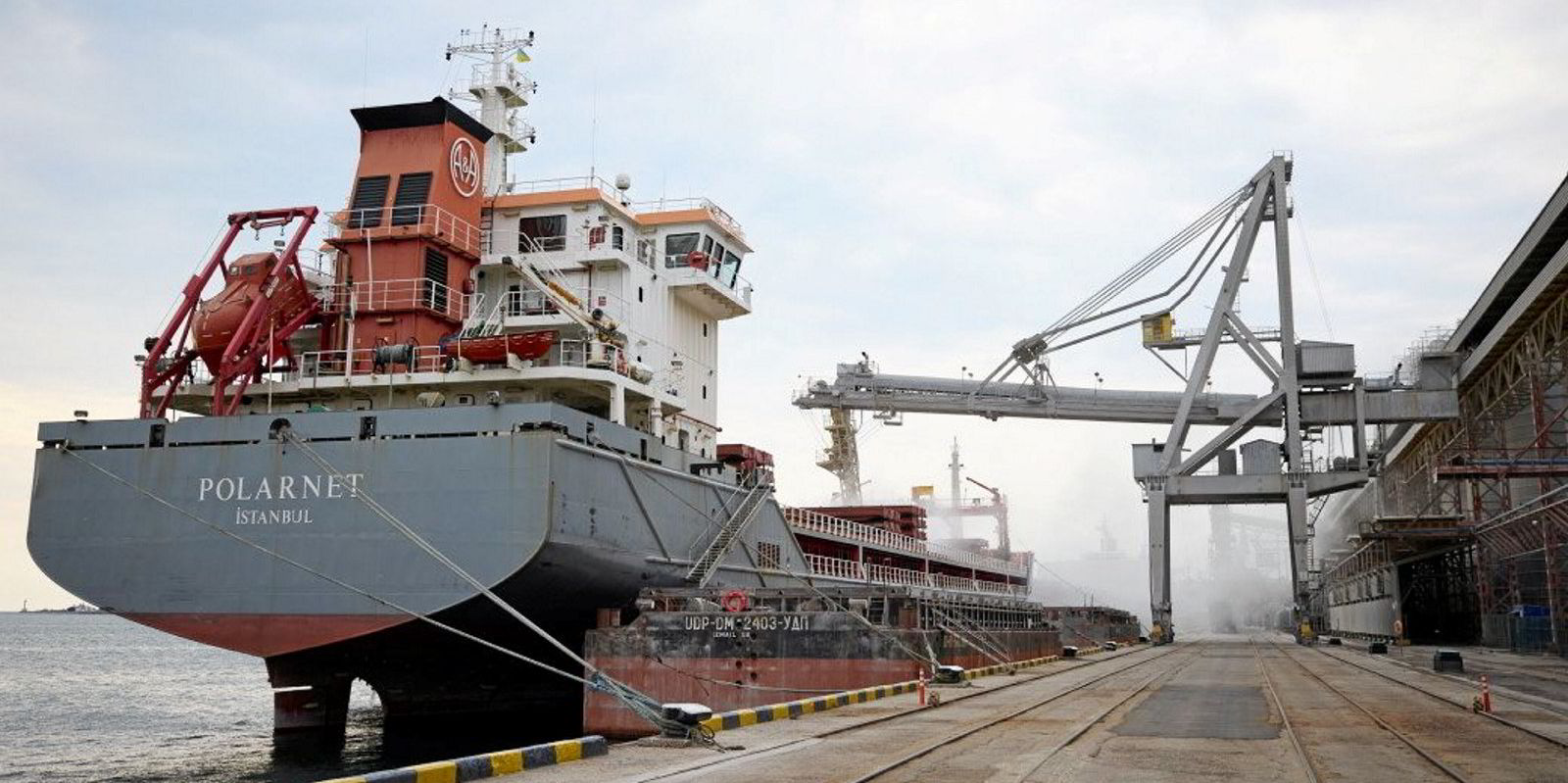The Russian government has brushed aside reports that the European Union is considering easing some financial sanctions against Moscow that would help save the Black Sea Grain Initiative (BSGI) and reiterated that the United Nations-led initiative is set to expire on 17 July.
“Under these conditions, it is obvious that there are no grounds for further continuation of the Black Sea Initiative,” foreign ministry spokeswoman Maria Zakharova said on Wednesday.
Moscow is taking steps so “that all ships participating … can successfully complete their mission and leave the Black Sea before the end of its validity period”, she added.
Zakharova’s statement comes in response to a report in the Financial Times on Monday, according to which the EU is mulling softening financial sanctions, thus enabling the Russian Agricultural Bank to handle payments related to Russia’s own grain exports.
The Russian Agricultural Bank could regain access to the global SWIFT interbank messaging system through a new, separate subsidiary, the Financial Times said, citing unidentified officials.
Zakharova, however, dismissed the idea as “deliberately impossible”.
Russia is being asked to immediately consent to extend the Black Sea grain scheme, while opening up a new bank subsidiary and connecting it to SWIFT would take several months, she argued.
“They [the West] are trying to create the appearance of some breakthrough results” amid a “surge of propaganda”, Zakharova said.
As TradeWinds reported on Monday, concessions over SWIFT were unlikely to sway Russia, as it is just one of several conditions set by Moscow to extend the BSGI.
Moscow has been blaming Ukraine for failing to reactivate an onshore pipeline that would facilitate a separate agreement between Moscow and the UN for the export of Russian ammonia — a key component of fertiliser.
An explosion that damaged the Togliatti-Odesa pipeline last month made it unlikely that it would become serviceable before the BSGI’s renewal.
Russia has also been complaining about ongoing Western sanctions hobbling its agricultural exports, demanding the resumption of supplies of agricultural machinery and spare parts, the lifting of restrictions on insurance and access to ports for related Russian ships and cargo, as well as the unblocking of accounts and financial activities of Russian fertiliser companies.
Moscow has been airing these gripes for months.
The last time Russia agreed to a two-month extension of the scheme back in May, its foreign ministry suggested it only did so as a favour to mediator Turkey, whose president Recep Tayyip Erdogan was facing an election at the time.
In a strong hint that the BSGI was doomed, Russian President Vladimir Putin told six African leaders on 17 June that initiative was a “cheat” and claimed it did very little to alleviate hunger in poor countries.
Russian inspectors sitting in Istanbul have been since drip-feeding vessels through the BSGI. According to UN data, they have failed to clear a single vessel heading for Ukraine since 29 June.
Where will the panamaxes go now?
Shipowners, Greeks and Turks in particular, have made ample use of the corridor ever since it went into operation in August 2022.
General cargo ships, handysize bulkers and tankers, as well as supramax and panamax bulkers performed about 1,000 voyages, carrying nearly 33m tonnes of Ukrainian foodstuffs to world markets.
As long as bulker markets performed relatively well, ships in the trade could expect to earn as much as $40,000 per day — up to 2.5 times the normal rate.
Shipowners’ enthusiasm gradually waned, however, as risk increased, freight rates dropped and inspection delays in the increasingly malfunctioning BSGI piled up.
What could replace the BSGI?
According to some market participants, dwindling Black Sea activity has sent panamaxes and handysizes looking for employment elsewhere, which is one factor explaining their lacklustre earnings performance lately.
The big question now is what could replace the BSGI.
The Ukrainian government has already announced it expects shipowners to continue servicing its ports, on the back of a UAH 20bn ($540m) state compensation scheme for owners whose vessels have been damaged in the war.
Ukrainian shipping officials have in the past expressed the hope that Nato could help guarantee maritime traffic in the area.
Meanwhile, Ukraine has been trying to export more of its grain through the Danube.
Market players, however, doubt river ports and onshore infrastructure is sufficient to handle the 11m tonnes of crops stockpiled in the country — especially as the new grain harvest begins.





